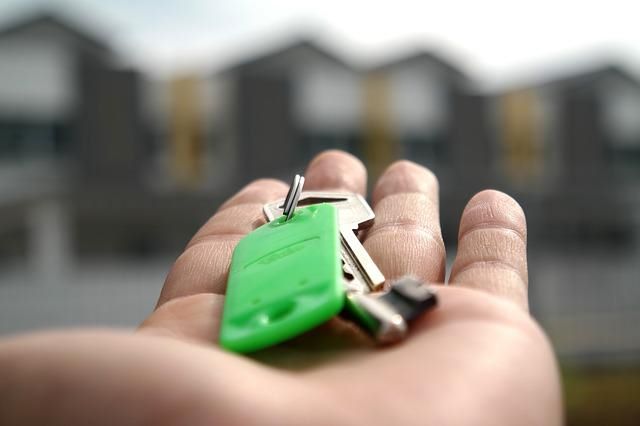Although it is now more common for leasehold properties to be granted with a term of 999 years there are still a large number of properties where the original leases were granted for less than this, perhaps 99 or 125 years.

Background
It is possible for leaseholders of flats or houses to obtain an extension of the term. Leaseholders normally consider obtaining an extension to their lease when the remaining term is approaching the 60 or so years which mortgage lenders require.
The most important reason why most leaseholders wish to extend their Leases is that mortgage lenders generally do not lend on residential leasehold properties when the remaining term is short. This means that if a leaseholder has only 40 years left on their lease, for example, potential buyers who would need a mortgage would not be able to purchase the property. Therefore, there would be fewer potential buyers, leading to a lower sale price for the property.
How to extend your Lease
There are two methods by which lease extensions can be obtained: (1) by agreement with your landlord, or (2) by use of the formal legal procedure.
- Some landlords are willing to grant an extension. This is mainly where the landlord is the management company and the leaseholders are members of the management company. Everything in these situations is open to negotiation. Whether or not the landlord is willing to grant an extension, whether or not he will charge a ´premium´ or price for the extension, how long the extension is for (up to 999 years) – all of these will depend on what the landlord is willing to agree to.
- Leaseholders of flats and houses have a legal right to obtain an extension of 90 years. There are formal procedures to follow and a formal surveyor’s valuation of the property is needed. The leaseholder is responsible for his or her own costs and those of the landlord – whether or not the leaseholder actually completes the extension. Some leaseholders do withdraw after starting the procedure and any costs incurred by the landlord at that point are still payable by the leaseholder.
When should you extend your lease?
If the formal legal procedure is used, the valuation of the property will determine the ´premium´ or price payable to the landlord. If there are more than 80 years left on the lease before the extension is sought, the amount payable is lower than if there are fewer than 80 years (this is because the method of calculation for leases with less than 80 years takes into account factors leading to a higher figure).
For example
- A lease granted for 99 years in 1975 (which has 61 years left), with a current value of £200,000 would lead to a premium of between £15,000 and £20,000 being payable to the landlord for the extension.
- A lease granted for 99 years in 2005 (which has 91 years left), with a current value of £200,000 would lead to a premium of between £2,000 and £3,000 being payable to the landlord for the extension
This brief summary of leasehold extensions is not intended to provide a full explanation of how or when to extend your lease. This is a complex area of law and anyone thinking of extending their lease should contact us to discuss the matter. We will then be able to advise if you qualify for the right to extend you lease and what the likely costs would be.
We can also advise on leaseholders’ rights to buy the freehold of their home and other leasehold matters.
